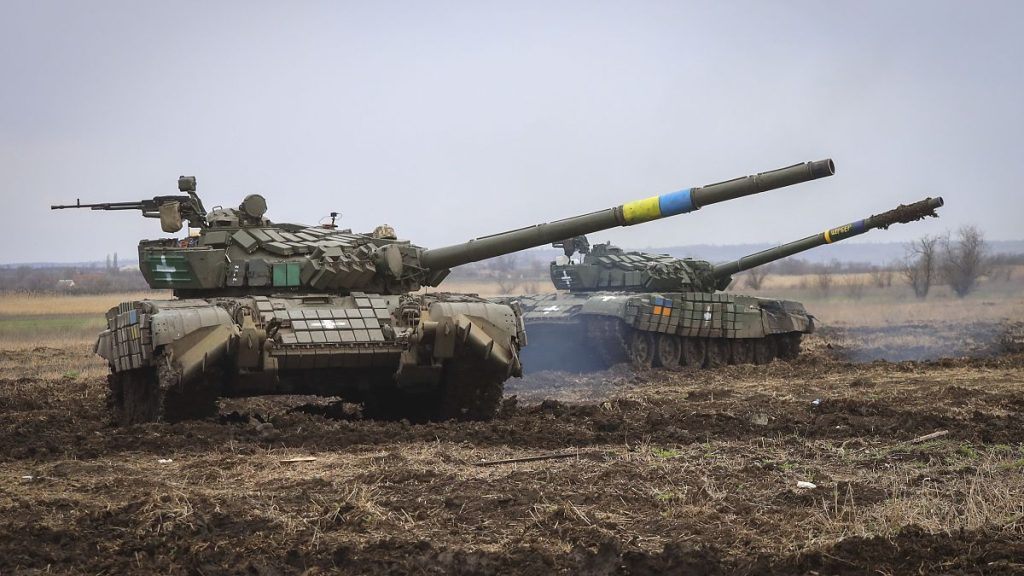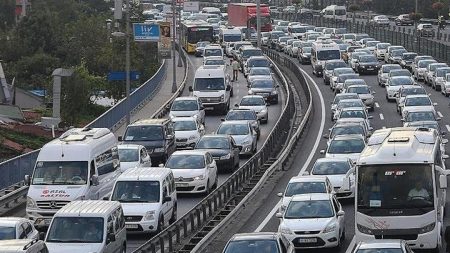Summarize this content to 2000 words in 6 paragraphs
With Trump’s arrival in the US White House, a new EU Commission and the ongoing war in Ukraine, security in all its possible dimensions will be the main priority of the next rotating EU presidency, said Poland’s Ambassador Agnieszka Bartol.
Energy, defence and economic security will top the EU’s agenda during the upcoming six-month rotating presidency of the Council, representing member states, which starts in January 2025, Poland’s Ambassador Agnieszka Bartol said on Monday. Bartol presented a “very ambitious” agenda to bring some stability in times of great change and challenges, with Trump’s arrival in the US White House, a new EU Commission and the ongoing war in Ukraine. “What do people want? What do people look for? They look for security, and that will be the biggest motive of the presidency, security in all its possible dimensions,” the Polish ambassador told the audience at an event organised by the Brussels-based think-tank European Policy Centre (EPC). Warsaw’s presidency aims to work on seven different dimensions of security, ranging from external and internal security to competitiveness, food quality, critical medicines and affordable energy prices. With regard to the latter, the Polish presidency intends to analyse how to reduce costs for businesses and citizens, with a clear focus on ensuring security of supply and energy diversification and independence. On internal and external security, the Council is expected to make progress on protecting Europe’s borders, on cybersecurity, on combating foreign interference and disinformation, and on boosting the bloc’s defence industry. Mario Draghi’s landmark report on competitiveness estimated that the EU needs to mobilise an extra €500bn for defence over the next decade to keep pace with competitors such as the US and China. European defence spending reached a record €279bn in 2023, but estimates show that more money will be needed to plug funding gaps and invest in new projects such as the European air defence shield after years of underinvestment. “The mindset (at EU level) has been fundamentally changed,” Bartol said, adding that now “we are talking about new financing for defence, which was taboo a few years ago, and we are talking about innovative (financing) instruments, which was also taboo”. The Polish ambassador did not mention any specific financing instruments, as discussions on whether to issue joint debt for defence purposes – so-called Eurobonds – remain a sensitive issue for member states such as Germany and the Netherlands. But the EU will need to explore new funding avenues outside the common budget, Bartol said, ideally based on the forthcoming White Paper on Defence, to be presented during Commissioner Kubilius’ first three months in office. The funds earmarked for defence in the 2021-27 EU budget amount to around €10 billion, and the next long-term EU budget, known as the Multiannual Financial Framework (MFF), will not kick in until 2028, with payments starting a year later at best. Bartol argued that the EU budget, despite its crucial importance, cannot be the main tool for boosting Europe’s defence capabilities. “Putin will not wait for the MFF and the world will not wait for the MFF,” she concluded.














